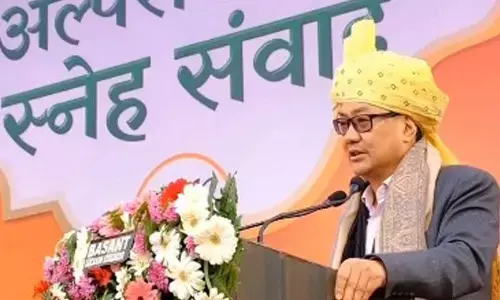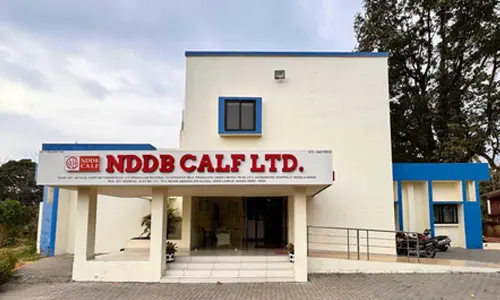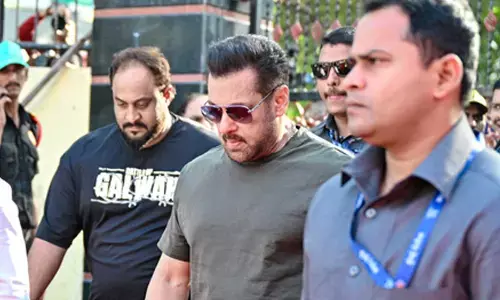Maruti Alto 800 To Be Discontinued In 2019

Its the end of road for the badge which had paved the path for Maruti Suzuki in India and was the car that got a huge section of working class Indian families onto a fourwheeler Maruti Suzuki will stop production of the Alto 800 in the second half H2 or the Q3 of calendar year 2019
It's the end of road for the badge which had paved the path for Maruti Suzuki in India and was the car that got a huge section of working class Indian families onto a 'four-wheeler'. Maruti Suzuki will stop production of the Alto 800 in the second half (H2) or the Q3 of calendar year 2019 as the company plans to make its entire product line-up comply with the upcoming crash test norms three months before the given timeline, i.e. by July 2019. The company is also planning to launch BSVI compliant models by January 2020 and the 796 cc engine that powers the Alto 800 and Maruti Omni cannot be made ready to meet the BSVI standards.
Speaking to NDTV carandbike, Deepak Sawkar, Senior Vice President- Engineering, Research, Design & Development (Chassis), Maruti Suzuki said, "Those models which cannot be made ready for the future standards will be discontinued. We couldn't actually do it for the Omni and Alto 800 even for the emission norms and not just for safety." Sawkar also added that company's 60 per cent product line-up currently complies with the upcoming Bharat New Vehicle Safety Assessment Program (BNVSAP) and those products which will make it beyond BSVI and crash test standards like the Maruti Eeco are being designed from scratch to meet the challenges. Maruti is still considering the Eeco may be because its discontinuation would lead to company's exit from the van segment which still adds a considerable volume to the sales numbers.
For carmakers to prepare the entry segment models for the emission and crash test norms is challenging and does not make a good business case in terms of cost. "It is complex to design the older models for the future standards. We didn't have these regulations in place when these models were designed. To design the old models and equip them with ABS and airbags, we'll need to start from basics and it will require us to go back to the drawing board. The cost of redesigning these new models is also very high and we might as well make a new model rather than investing in the existing model," added Sawkar.
The A-Segment models are limited to 800 cc in engine capacity and cannot exceed 3.6 metres in length. Therefore, the criteria do not give the carmakers enough room to fit these models with crumple zones to absorb the frontal, frontal off-set or side impact. Even the upcoming BSVI emission norms require all the models including the petrol engines to be fitted with a catalyst reduction exhaust treatment system which is difficult to fit in a car of this size.
The Maruti 800 was the model with which Maruti Suzuki started its operations in India. It was launched in 1983 with a 796 cc F8B engine and was based on the Suzuki Fronte. The 800 brand has had quite a long run since then and had received three generation updates and one facelift before it was replaced by the Alto 800 in 2012. The Alto 800 had received a facelift in 2016 and will be discontinued in 2019.
Source: auto.ndtv.com














